We had lots of amazing shows in the Side Door last season, but one that everyone keeps talking about was a two-night stand by Southern Hospitality, featuring our local hero, Damon Fowler, plus guitarist and singer JP Soars and Victor Wainwright, a star student from the Jerry Lee Lewis school of piano pounding (he plays a mean organ too!). All three are great showmen.
Southern Hospitality is back for another two-night run this Friday and Saturday before heading out on the Legendary Rhythm and Blues Cruise. The Saturday show will likely be sold out by the time you read this blog and there were just about 50 tickets left for Friday’s show (as of Tuesday morning).
My advice is – don’t wait if you want to see these guys in such an intimate (175-seat) setting. Call the box office or get on the website now. I’ve cleared my calendar and plan to be in the house for both shows.
To whet your appetite a bit, here’s an interview with Victor that appeared on AL.com in December written by Mary Colurso. Enjoy:
BIRMINGHAM, Alabama — When the road calls, Victor Wainwright answers.
The singer and keyboard player stays in direct contact with his listeners, performing dates around the country. Theaters, nightclubs, festivals, music cruises … Wainwright relishes them all. He’s following a time-honored tradition for hard-working musicians, especially ones who play the blues.
“It’s not a problem,” says Wainwright, a Georgia-born artist who’s based in Memphis. “I’d never call anything to do with music a problem. To do what you love is a blessing.”
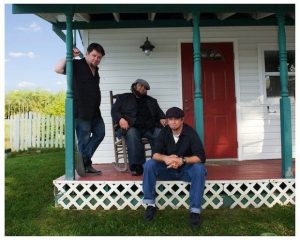
Damon, Victor and JP
Wainwright, guitarist J.P. Soars and lap steel player Damon Fowler are the principals of Southern Hospitality, uniting their talents for a sound that combines blues with roots rock and soul. Southern Hospitality released its first record, “Easy Livin’,” in March on Blind Pig Records, but for these guys, it’s mostly about the live show.
Wainwright talked about the band and his role in it with AL.com
Q: Do you think of Southern Hospitality as a supergroup, like a blues version of the Traveling Wilburys?
A: I would describe the band as a group of friends, getting together on a rare occasion. That shows very clearly from the first song that gets played. We don’t get to play together that much. It’s truly a ball. It’s a dream band.
Q: Is it true that Southern Hospitality was created during a jam session?
A: The first time we all played together was because of a jam. The next thing you know, we wanted to form a band. We were kind of laughing about it at the end of the night. The next thing you know, we got a call from the Heritage Music Blues Festival, the Wheeling festival, and we said yes. We didn’t have any material; we just knew we could play together.
Q: The chemistry must have been pretty strong. What’s it like to play with these guys?
A: There’s never any worry. It’s carefree. Nothing’s taken too seriously. It’s like being on a porch on a summer day in the South, with a glass of iced tea. … When we did “Easy Livin’,” we came in and recorded it, completely live and that was that. We recorded it on the spot. What you hear is what you get.
Q: When you perform as part of Southern Hospitality, does it feel the same as when you play with you own band, Victor Wainwright and the Wildroots?
A: With Damon, J.P. and I, the crowd is always being invited to a party. A casual party. With my own band, there’s more of a grandiose, Jerry Lee Lewis stomp.
Q: You’re known as a colorful performer, with a big personality on stage. What’s your secret for connecting with the crowd?
A: What I do to prepare myself is focus on communicating with the audience. Don’t hide what you feel. Don’t suppress it. The only thing you have to do is not hide it, that’s the key. Be a lighthouse, a beacon that everyone else can lean on. Be honest. People can see through falsehood immediately. I don’t want to be fake, like, “I’m Mr. Blues Man.” People might come to see you play, but they won’t become your friend. There’s an aura that you carry with you when you walk on stage. Truly believing requires practice. It’s a skill, and it’s something I continue to work on to this day.
Q: Let’s talk about your music influences. Which performers have made the biggest impact on you?
A: My family is my biggest influence, my dad and my grandfather. Music has been a part of me since I’ve been born. There’s no way of getting around it. It’s in my blood. … The Rev. Billy C. Wirtz is a very, very big influence, on how to make a crowd laugh and entertain them. Of course, Pinetop Perkins. David Maxwell and Honey Piazza, from Rod Piazza’s band. B.B. King is another big one. I latched onto B.B. King early on. I liked what he carried on stage, the emotion, joy, ebb and flow. … Everybody loves B.B. King. I always wanted to follow in his footsteps.
Q: What have you learned in Memphis that’s served you well as a musician?
A: When you have a house gig on Beale Street, you’ve gotta step up. From Memphis and Beale Street, I learned that you’ve gotta know your history. And you got to know how to entertain. You learn as you go, what works and what doesn’t work.
Q: Do you set goals for your career, things you want to accomplish, or is it more about just making the music?
A: I had goals, at one time. I want to get on the blues cruise. I’ve been on four. I wanted to win a (Blues Music Award). I won one, the Pinetop Perkins award. I don’t have goals, like, “I want to have a bus, I want to be on “David Letterman,” I want to win a Grammy.” I don’t set those goals. I feel like if you’re doing what you love, it will come to you. … In my early 20s, I worked as hard as I possibly could. Now, in my early 30s, it’s time to set up some stuff for my future. It’s not about playing 400 shows a year. It’s about just keeping on making friends. My goals now are, like, quit smoking. Eat better. Longevity things. I want the fire to burn as long as it can.


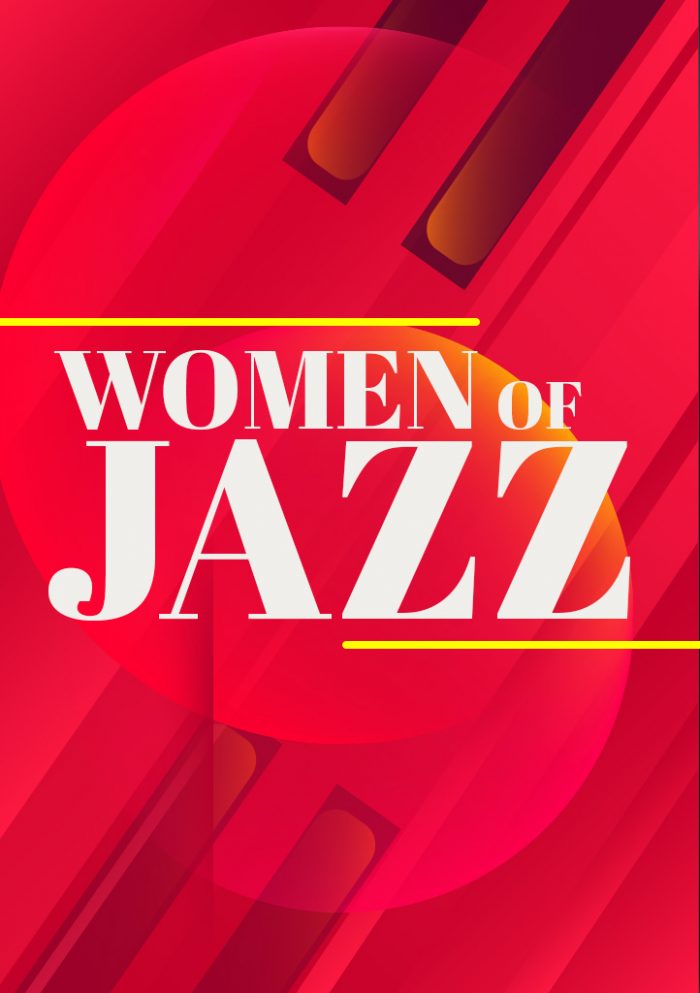
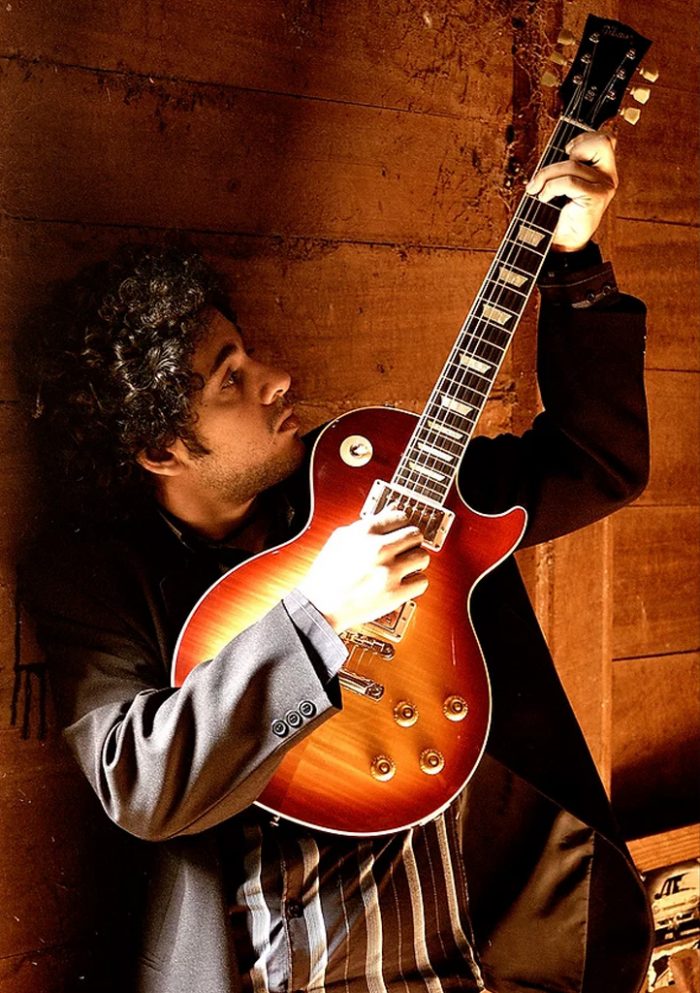
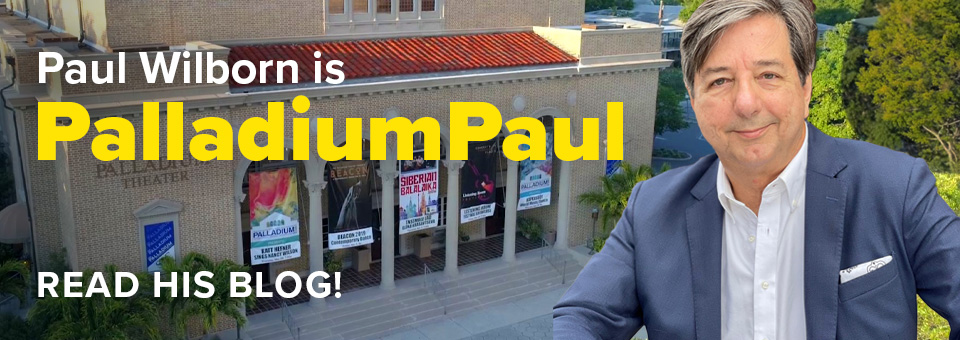
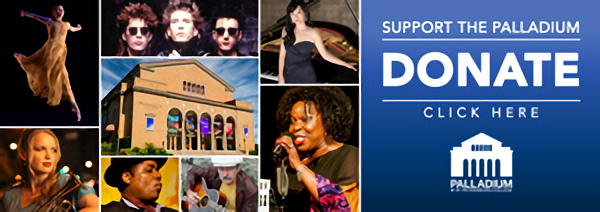


Leave a Reply